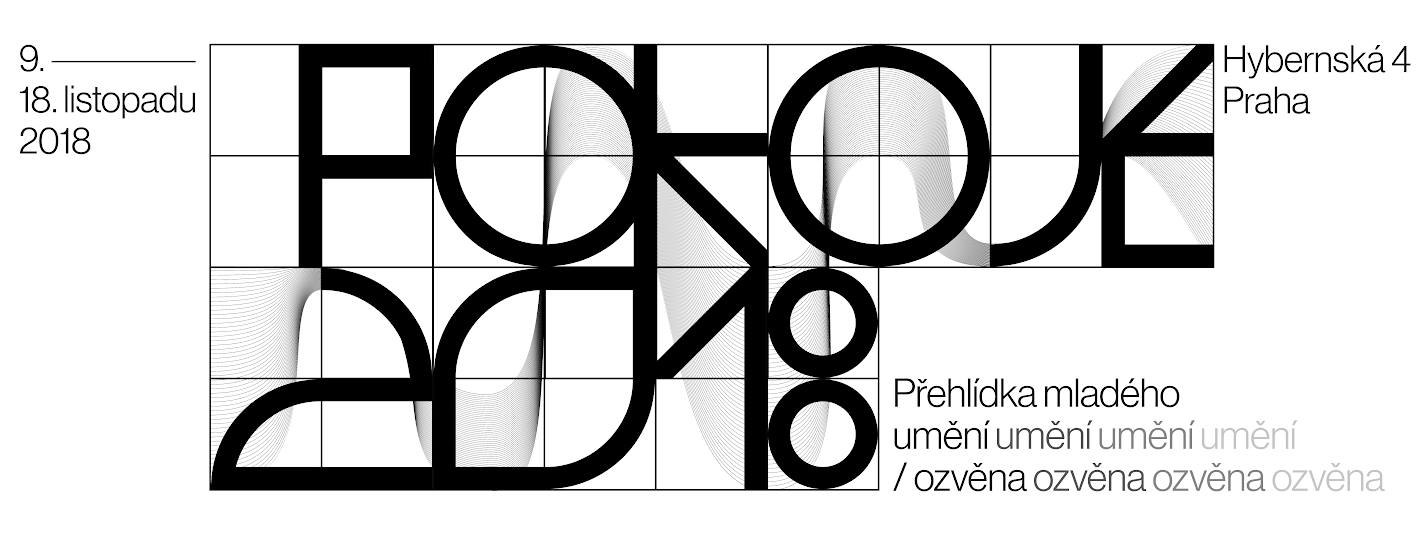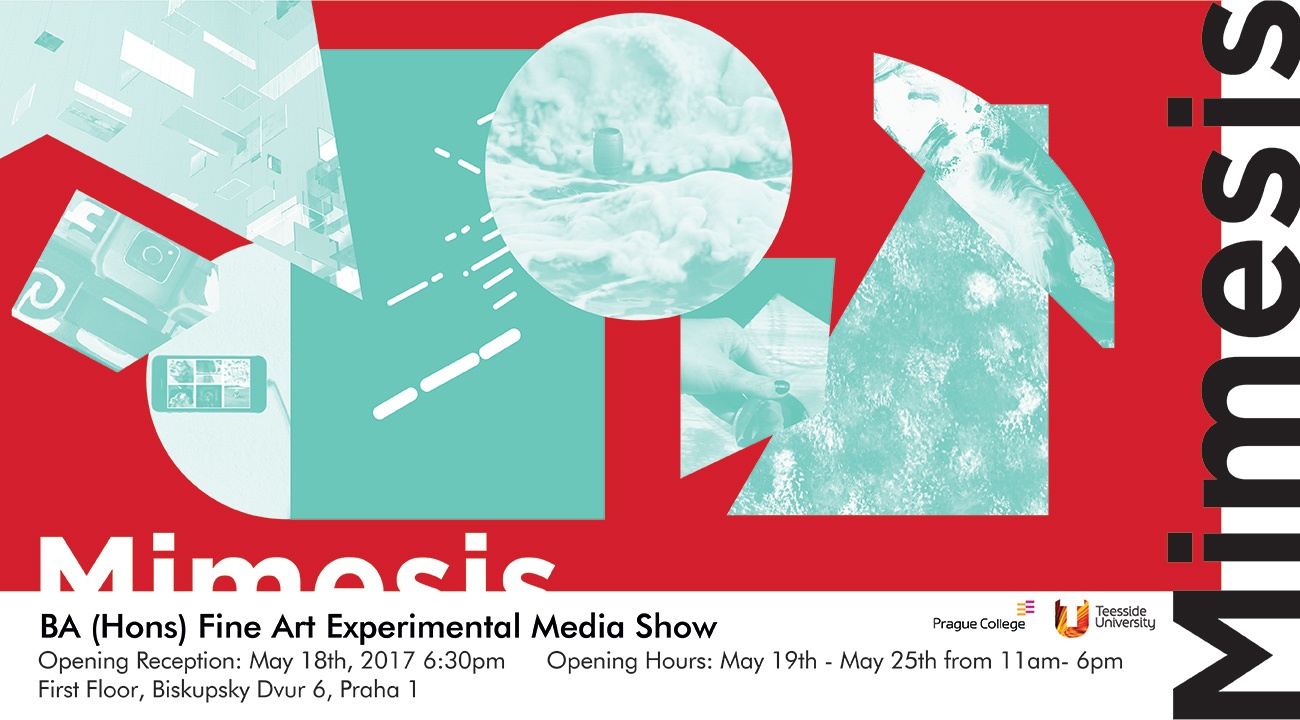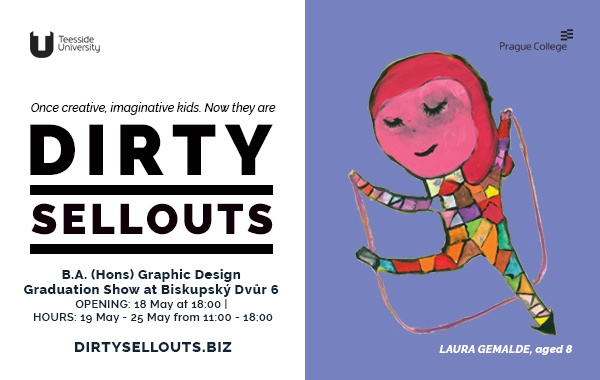Subtle Transitions Conference
By Larissa Petryca on 17 April 2024 13:04
On April 4th and 5th, academics and creatives from the Czech Republic and around the world met in Prague to discuss the role of art in the preservation, transmission, and transformation of memory. This mini-conference was part of a regular annual event series organised by the Memory & Arts Working Group, part of the Memory Studies Association event series. The Prague Working Group meeting and mini conference was organised by Branislava Kuburović from PCU’s School of Art and Design Faculty, Irena Řehořová and Ondřej Váša from the Faculty of Humanities at Charles University and was held at PCU’s Bishop’s Court Studios and Kampus Hybernská.
Exploring memory through art and creative practice
The Memory Arts Working Group considers the role of the arts in the transmission of memory and the ways in which they give expression to experience by transmuting it into form. They not only narrate a story but enact its affect. The presence of art thus can open up a space for a witness who did not directly observe an event. This space enables multiple connections across generations and cultures. The group invites scholars and artists to explore those interconnections by focusing on a variety of arts practices, still and moving images, artefacts, and performances. Its aim is to form a long-term working group that collaborates on different projects and publications.
As the conference was in Prague, the majority of the workshops and presentations examined memory and the "gentle shifts" within the complex cultural, social, and natural environment of Central East Europe.

Subtle Transitions
Participating artists and scholars who presented at the conference were Olga Bubich, Rebecca Harris, Mauro Greco, Michal Kindernay, Jan Miklas-Frankowski, Zofia Przybysz, Zofia Rohozińska, Ishrat Shaheen, Astrid Schmetterling, Denisa Tomková, Mischa Twitchin and Jiří Žák.
The presentations were themed into blocks and included:
- Narrative and photographic representations of the past
- Post-Socialist memory and identity
- Transformations of memory through artistic practice
- Memory and natural environment

Narrative and Photographic Representations of the Past
Block one began with Dr. Mauro Greco from Argentina's National Scientific and Technical Research Council who delivered his research paper titled “To Write Voiceless: A Derridean Approach to Santiago Amigorena’s ‘Confessions’” via an online presentation. This was followed by Dr Jan Miklas-Frankowski and Zofia Przybysz from the University of Gdansk, Poland who presented on “Memory of ‘the border of suffering’: The image of the Polenaktion in the reportage ‘Zbąszyń. Inferno’ by Zbigniew Mitzner.” The session concluded with Dr. Mischa Twitchin from Goldsmiths University of London discussing the topic of Exposed Memory.
Post-Socialist Memory and Identity
Block two opened with Dr Denisa Tomková from Charles University who presented her research “Empowering Aesthetics of Vietnamese Diaspora Artists in Post-Socialist Central Europe”. Zofia Rohozińska, a PHD student from the Department of Economic Sociology and Public Affairs Center for Research on Social Memory presented her research “Transforming 1980s Poland through the Transformation of the Memory of Socialist Realism”. The final presentation delivered by Jiří Žák, a lecturer at PCU and current PhD student at the Faculty of Fine Arts in Brno who presented his research work “The Paradox of Continuity: Guns, Havel and Czechoslovakia through the prism of artistic research”.
Transformations of Memory through Artistic Practice
Block 3 featured Astrid Schmetterling from Goldsmiths University of London who presented her work on “Nikita Kadan’s Art in a Time of War” and Rebecca Harris, a writer, art historian, curator and PHD student from the University of London spoke on Hella Guth’s surrealist drawings.
Memory and the Natural Environment
The final conference block began with Olga Bubich, a writer, journalist, photographer, lecturer, art critic and former Assistant Professor at Belarusian State University who is currently undertaking an ICORN residency in Berlin. Olga presented “Memory Landscapes: Re-thinking the Nature of Memorial Camps” which looked at the role of nature in the representation of collective memory of traumatic episodes of 20th century history. This was followed by Ishrat Shaheen who presented on “Border Creep: Exploring Human-River Dynamics in the Aftermath of the 2022 Odra River Environmental Crisis” and finished with Michal Kindernay, an Intermedia artist, musician, experimental filmmaker, curator, performer and PCU lecturer who presented his project “In the Stream of Sound”, a collaborative project he undertook Magdaléna Manderlová an Oslo based sound artist and field recordist.
- School of Art, Design & Media (433)
- Student Life (331)
- School of Business, Management & Technology (268)
- Global Engagement (141)
- Research & Creative Practice (95)
- Seminars & Workshops (73)
- Master Speakers Series (70)
- Exhibitions (69)
- New Students (64)
- Academic Partners (58)
- Alumni (58)
- Living Futures (52)
- Graduation (47)
- Visiting Artist Lecture Series (44)
- Conferences (37)
- Digital Campus (22)
- Professional Partners (14)
- Study Exchanges (14)
- University News (11)
- Industry Network (9)
- School of Education (9)
- Media Innovation Technology Series (8)
- Press Release (8)
- Erasmus+ (3)
- Student Societies (1)
- May 2025 (2)
- April 2025 (4)
- February 2025 (4)
- January 2025 (5)
- December 2024 (2)
- November 2024 (1)
- October 2024 (2)
- September 2024 (6)
- August 2024 (4)
- July 2024 (4)
- May 2024 (1)
- April 2024 (1)
- March 2024 (2)
- February 2024 (1)
- January 2024 (3)
- December 2023 (1)
- November 2023 (3)
- October 2023 (1)
- September 2023 (1)
- August 2023 (1)
- July 2023 (2)
- June 2023 (1)
- April 2023 (2)
- March 2023 (2)
- February 2023 (3)
- January 2023 (2)
- December 2022 (5)
- November 2022 (3)
- September 2022 (4)
- August 2022 (2)
- July 2022 (2)
- June 2022 (1)
- May 2022 (7)
- April 2022 (5)
- March 2022 (5)
- February 2022 (3)
- January 2022 (1)
- December 2021 (7)
- November 2021 (8)
- October 2021 (6)
- September 2021 (5)
- August 2021 (8)
- July 2021 (3)
- June 2021 (3)
- May 2021 (2)
- April 2021 (5)
- March 2021 (3)
- February 2021 (4)
- January 2021 (2)
- December 2020 (5)
- November 2020 (8)
- October 2020 (2)
- September 2020 (3)
- August 2020 (1)
- July 2020 (3)
- June 2020 (4)
- May 2020 (7)
- April 2020 (6)
- March 2020 (5)
- February 2020 (2)
- January 2020 (7)
- December 2019 (5)
- November 2019 (12)
- October 2019 (9)
- September 2019 (6)
- July 2019 (1)
- June 2019 (1)
- May 2019 (14)
- April 2019 (10)
- March 2019 (7)
- February 2019 (16)
- January 2019 (8)
- December 2018 (2)
- November 2018 (6)
- October 2018 (10)
- September 2018 (3)
- August 2018 (2)
- July 2018 (3)
- June 2018 (10)
- May 2018 (12)
- April 2018 (9)
- March 2018 (5)
- February 2018 (3)
- January 2018 (8)
- December 2017 (4)
- November 2017 (9)
- October 2017 (7)
- September 2017 (3)
- July 2017 (4)
- June 2017 (3)
- May 2017 (8)
- April 2017 (8)
- March 2017 (13)
- February 2017 (11)
- January 2017 (6)
- December 2016 (3)
- November 2016 (18)
- October 2016 (9)
- September 2016 (8)
- August 2016 (4)
- July 2016 (9)
- June 2016 (3)
- May 2016 (6)
- April 2016 (5)
- March 2016 (78)
- February 2016 (4)
- January 2016 (4)
- December 2015 (6)
- November 2015 (9)
- October 2015 (5)
- September 2015 (6)
- August 2015 (1)
- July 2015 (4)
- June 2015 (1)
- May 2015 (3)
- April 2015 (11)
- March 2015 (6)
- February 2015 (6)
- January 2015 (6)
- December 2014 (1)
- November 2014 (17)
- October 2014 (4)
- September 2014 (8)
- August 2014 (5)
- July 2014 (1)
- June 2014 (10)
- May 2014 (25)
- April 2014 (32)
- March 2014 (53)
- February 2014 (25)
- January 2014 (10)
- December 2013 (10)
- October 2013 (1)
- September 2013 (1)
- July 2013 (4)
- June 2013 (2)
- March 2013 (2)
- February 2013 (74)
- January 2013 (6)
- December 2012 (13)
- November 2012 (3)
- October 2012 (5)
- September 2012 (156)
- July 2012 (1)
- November 2011 (1)
- November 2010 (1)
- November 2009 (1)
- November 2008 (4)
- September 2008 (1)
- July 2008 (1)
- June 2008 (4)
- May 2008 (2)
- April 2008 (3)
- March 2008 (2)
- February 2008 (1)
- December 2007 (1)
- October 2007 (1)
- August 2007 (1)
- July 2007 (1)
- June 2007 (4)
- May 2007 (1)
- April 2007 (2)
- March 2007 (3)
- January 2007 (1)
- November 2006 (1)
- December 2005 (1)
- November 2005 (1)
- October 2005 (1)
- August 2005 (1)
- May 2005 (1)
You May Also Like
These Related Articles

Pokoje 2018

BA (Hons) Fine Art final show 2017

